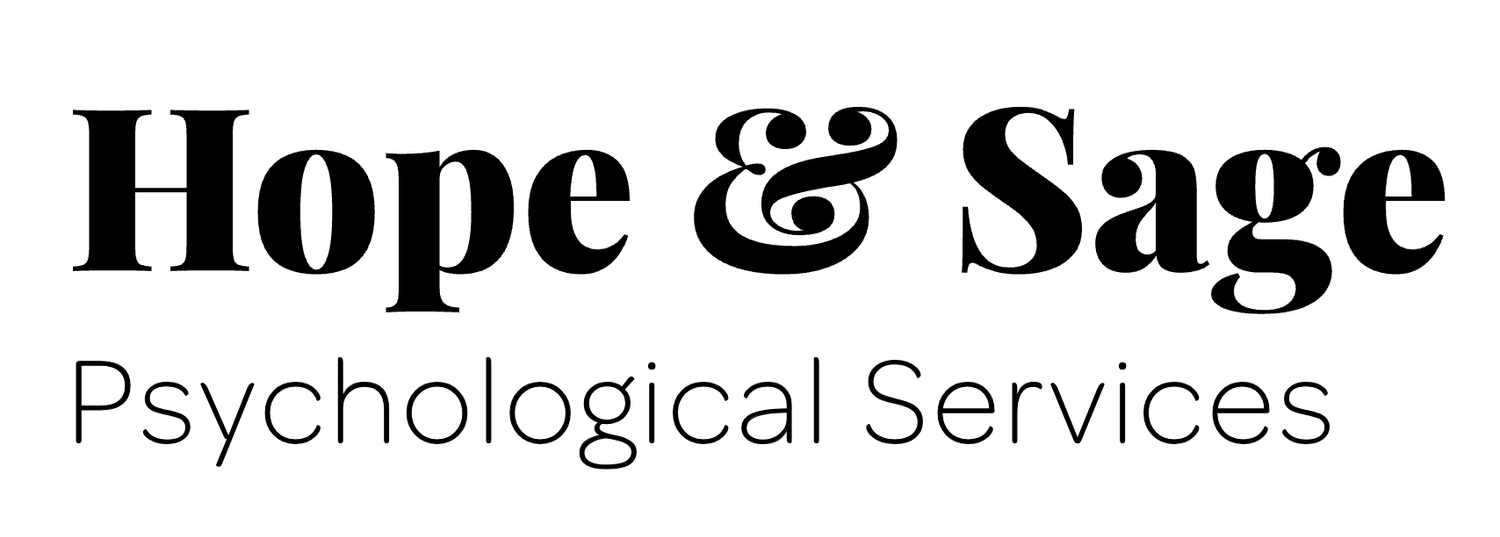Frequently Asked Questions about Unhappy Relationships
As a relationship therapist, these are some questions people often ask me. I wanted to share them with you in hopes that it will help you as you reflect on your relationships. I am wishing you joy and connection.
What are some signs of an unhappy relationship?
Some warning signs that indicate a relationship is not going well are the following: criticism, contempt, defensiveness, and stonewalling. These four types of behaviors are what have been termed “Four Horsemen of Apocalypse” by Dr. John Gottman, who is renowned for his work on marital stability and divorce prediction.
Criticism is an attack on your partner’s character or personality. The more pervasive criticism is in the relationship, the more likely the relationship is an unhappy one.
Contempt may include behaviors like sneering, mocking, name-calling, or eye-rolling at one’s partner.
Defensiveness is common when one feels criticized. One partner blames the other partner when feeling hurt. Being defensive tends to make the issues worse in relationships.
Stonewalling is when a partner tunes out and withdraws.
Why do people stay in unhappy relationships?
History. Some people have a difficult time letting go of a relationship due to the shared history with their partner. When they think of ending the relationship, they think about all the shared memories from the past, and they wonder if they want to “start over” in a new relationship.
Used to it, for better or worse. Some people stay in their relationship because it is all they have known for some time. For better or worse, they are familiar with the dynamics in their current relationship. The patterns are predictable, and there may be some comfort in that.
Fear may also hold someone back from leaving a relationship, since there are no guarantee as to how things will be in another relationship.
Ending it may be too painful. Some people stay because the pain of ending the relationship feels too much. Or perhaps they feel there are still enough positives in the relationship to outweigh the potential pain.
Shared responsibilities or commitment. Some couples have shared commitments or responsibilities, such as caring for a pet together or having a home together. Often people find it more difficult to leave a relationship when there are more shared responsibilities or commitments.
How do you get out of a relationship you don’t want to be in?
If there are any signs of intimate partner violence or abuse in the relationship, it is crucial to come up with a safety plan and get out of the relationship promptly.
Outside of situations involving violence or abuse, before you figure out how to get out of a relationship, first really get a sense of whether you are ready to end the relationship. This may take a lot of self-reflection as well as discussions with people who are supportive of you. Typically once a firm decision has been made, it becomes a little easier to navigate how to get out of the relationship. A relationship therapist can also be a great resource to guide you in this process.
How do you tell your partner you are not happy in the relationship?
Bring up the conversation gently and directly, if possible. Own your own feelings and perspectives. And own your part in the interaction or relationship dynamics. This works best if you and your partner are communicating on a regular basis already about your relationship. And if it is not something you are currently doing, you can start! Make it a habit to regularly discuss what is going well and what is not going so well in the relationship. Be sure both you and your partner are able to communicate about what you feel good about and what isn’t working for you. If talking things out on your own is not working, seek the help of a couple therapist.
Can this relationship be saved?
If you and your partner are both committed towards healing your relationship, there are resources to help! You can learn about the negative patterns in your relationship and start to create a more intimate relationship. You can have honest conversations with each other, get to know each other on a deeper level, and nurture your relationship. This can be tough to do on your own if you have been stuck in the same negative interactions for a while, so I highly recommend having a couple therapist guide you in this process. If you are in California and want to see if relationship counseling is right for you, please don’t hesitate to reach out to me for a free consultation. I have helped many couples repair their relationships and find greater happiness and joy in their lives.
Writer Bio: Dr. Annie Hsueh, Ph.D. is a licensed clinical psychologist (PSY25708) in the South Bay Los Angeles area. She has dedicated her career towards helping couples develop more joy and connection in their relationships. She sees clients throughout California via secure online therapy platforms.
Image Disclaimer: Stock photos used. Posed by models.
Revised on 02/02/2022

